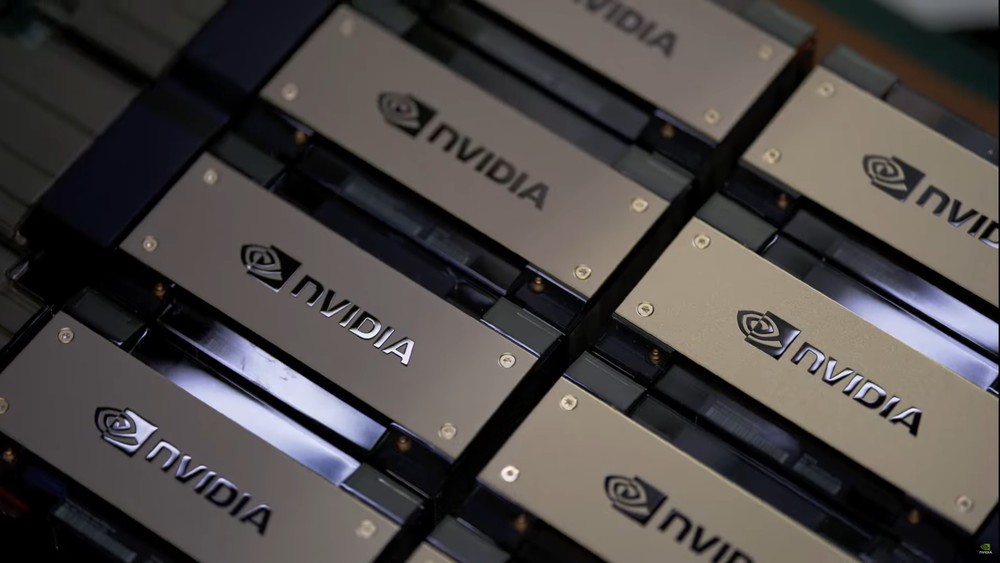
Nvidia announced Tuesday it will record a $5.5 billion quarterly charge related to its H20 graphics processing units exported to China and other markets, sending the company's stock down over 6% in after-hours trading.
The charge comes after the U.S. government informed Nvidia on April 9 that it would need a license to export the H20 chips to China and select other countries. The licensing requirement will remain in effect indefinitely, according to Nvidia's regulatory filing.
The H20 chip, specifically designed for the Chinese market to comply with previous U.S. export restrictions, has been a major revenue source for Nvidia, generating an estimated $12-15 billion in 2024. The processor is similar to Nvidia's H100 and H200 AI chips but operates at lower speeds and bandwidth.
The export restrictions are part of the Biden administration's broader efforts to limit China's access to advanced AI technology that could be used for military applications. The U.S. government first implemented these controls in 2022 and strengthened them in 2023.
The impact on Nvidia's business in China has been substantial. CEO Jensen Huang reported in February that the company's revenue from China had already fallen to half of its pre-export control levels. China represents Nvidia's fourth-largest market, following the U.S., Singapore, and Taiwan.
The news affected other semiconductor companies as well, with Advanced Micro Devices shares dropping more than 7% and Broadcom falling nearly 4% in extended trading.
This development marks the strongest indication yet that increased export restrictions could slow Nvidia's remarkable growth trajectory. The company is scheduled to report its fiscal first-quarter results on May 28.